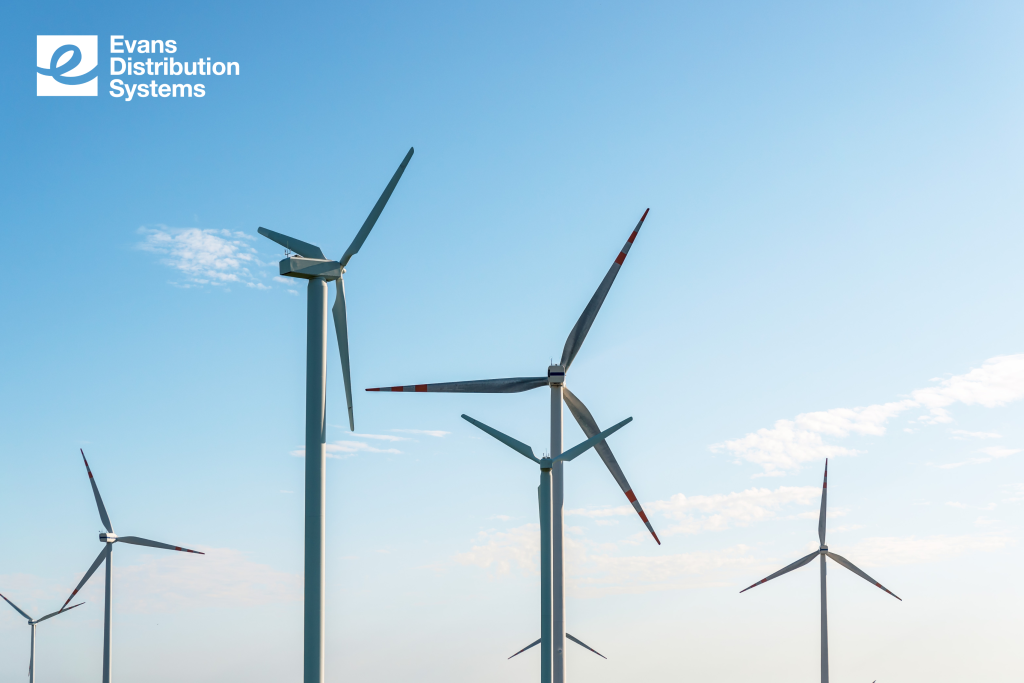
Michigan is becoming a leader in renewable energy, with rapid growth in solar and wind farms. This expansion is fueled by new state laws streamlining the approval process for large-scale projects, increased energy demands, and economic benefits associated with clean energy. However, the growth of these industries presents unique logistical challenges that third-party logistics (3PL) companies are primed to address.
In the third post of our renewable technology and energy series, we will take a deeper look at the growth of solar and wind farms in Michigan and the role 3PLs play in that expansion.
Energy Demand and Growth in Michigan
Michigan’s commitment to renewable energy is evident in its numbers and policies. Solar and wind power currently supply energy to a growing number of homes, with wind farms alone powering 1.8 million homes annually. Recent legislative reforms, including Michigan’s Public Act 233 of 2023, aim to streamline the approval process for large-scale renewable energy projects.
Despite this progress, deploying renewable energy infrastructure presents complex logistical challenges. Solar panels and wind turbine components are large, delicate, and often require specialized handling and transportation. For example, solar panels must be moved and stored in controlled environments to avoid damage or degradation. Wind turbine blades, some of which can span over 150 feet, demand oversize load permits and expert coordination to navigate transportation routes. These logistical hurdles are where 3PL providers excel.
The Role of 3PLs
A critical function of 3PLs in the renewable energy sector is component transport. With solar and wind projects requiring equipment sourced globally, efficient transportation systems ensure timely delivery to project sites. Whether it’s managing the arrival of solar inverters from overseas or moving wind turbine nacelles across state lines, 3PL providers leverage their networks and expertise to streamline the process. Additionally, they address the unique storage requirements for renewable energy components. Solar panels, for instance, must be stored safely to maintain their integrity, particularly when project delays occur.
Inventory management is another area where 3PLs contribute significantly to renewable energy projects. Large-scale installations often require thousands of parts, ranging from bolts and brackets to photovoltaic cells and wind turbine blades. Managing this inventory efficiently is crucial to preventing delays, particularly as many renewable energy projects are in rural or remote areas. Advanced warehouse management systems, like those offered by leading 3PL providers like Evans, allow for precise tracking of parts and materials, ensuring smooth operations and reducing project timelines.
Moreover, 3PLs are essential in last-mile logistics, a critical phase in renewable energy deployment. Many solar and wind farms are situated in locations with limited infrastructure, requiring specialized delivery strategies. From navigating rural roads to optimizing delivery routes, 3PLs ensure components reach their destination on time and in perfect condition. This capability not only supports the timely completion of renewable projects but also reduces transportation costs, contributing to the overall affordability of clean energy.
Michigan’s Economic Opportunity
Michigan’s focus on renewable energy is driven not only by environmental concerns but also by the economic benefits of clean energy. Wind and solar projects bring jobs, increase tax revenues, and support local businesses, creating a positive ripple effect across communities. 3PLs help facilitate Michigan’s ambitious renewable energy goals by aligning their services with the state’s evolving energy landscape, making them indispensable partners in this journey.
As Michigan continues to expand its renewable energy footprint, the need for reliable logistics partners will grow. The state’s clean energy ambitions require the expertise of 3PL providers to overcome challenges in transport, storage, and delivery. By ensuring seamless supply chain operations, 3PLs not only accelerate the deployment of solar and wind farms but also contribute to Michigan’s broader goals of energy independence and environmental sustainability.
Conclusion
The partnership between renewable energy developers and 3PLs exemplifies how effective collaboration can drive transformative change. To learn more about how our logistics solutions can support your renewable energy projects, contact us today. Together, we can power Michigan’s sustainable future.
Evans distribution provides comprehensive warehousing and transportation for solar panels and a variety of renewable technologies.
Evans Distribution Systems is a full-service logistics provider that can help you reach customer demand. Contact us at sales@evansdist.com or call 1-800-OK-EVANS to speak to an expert today.
